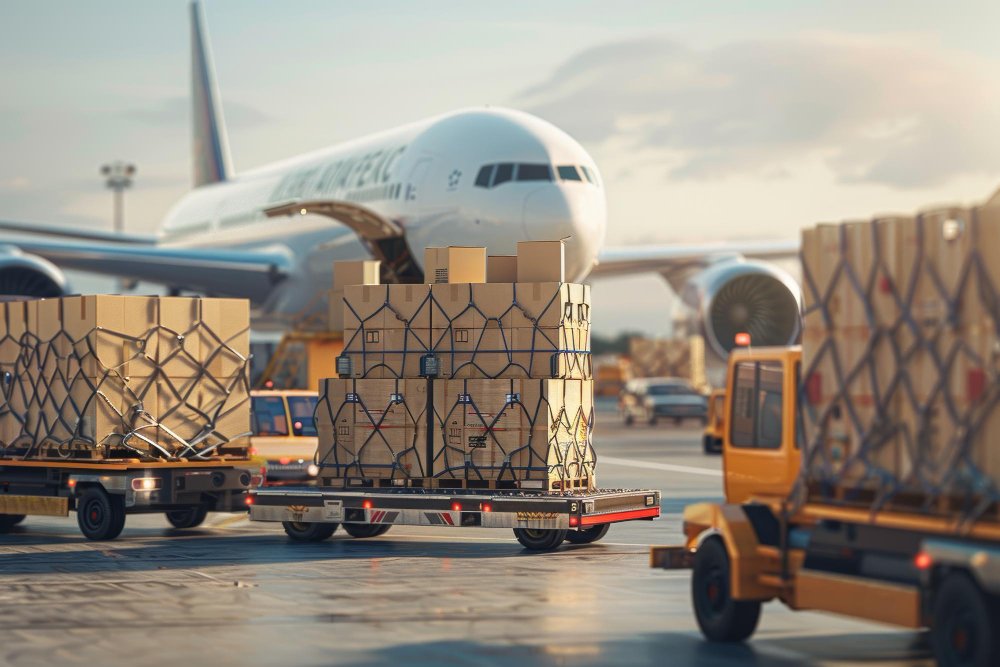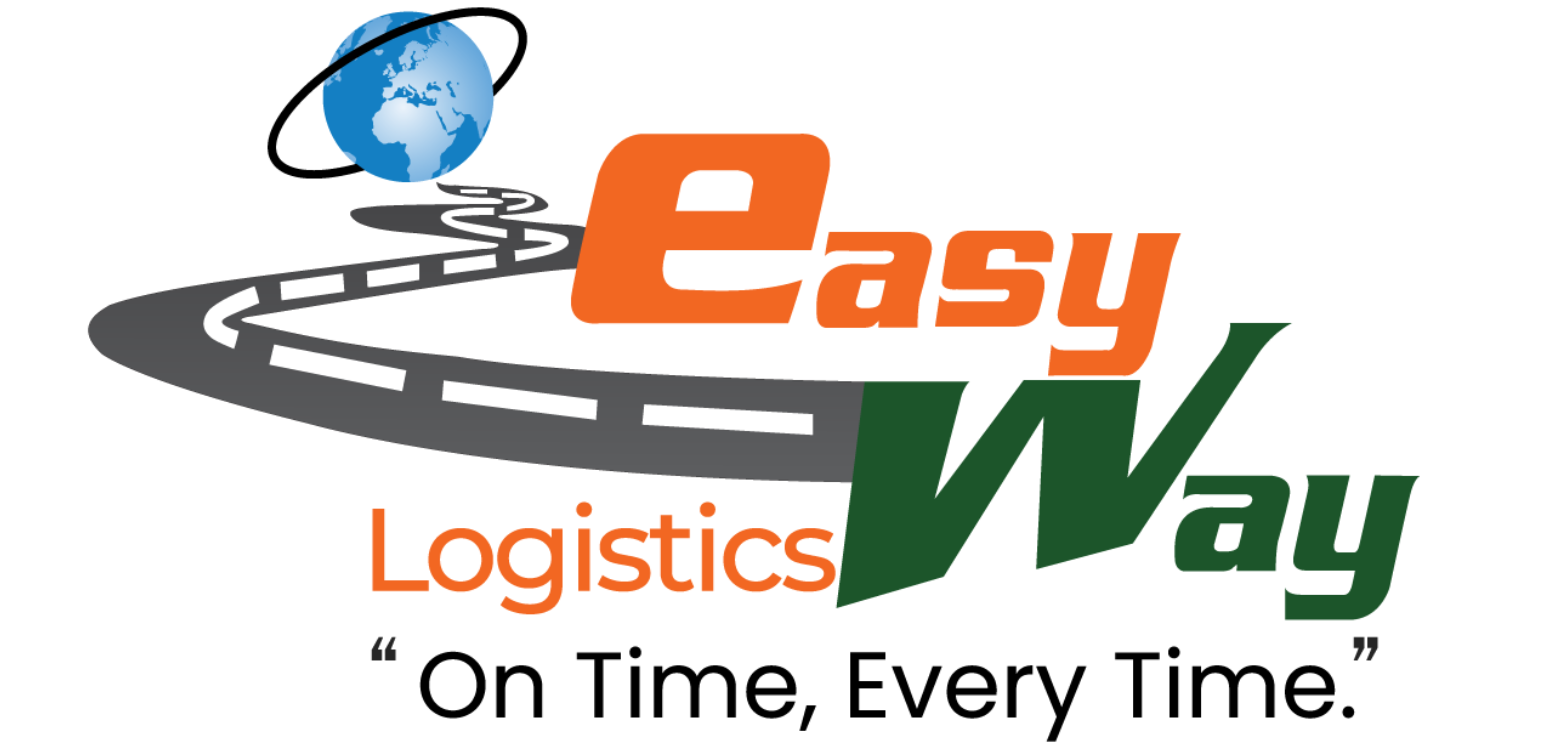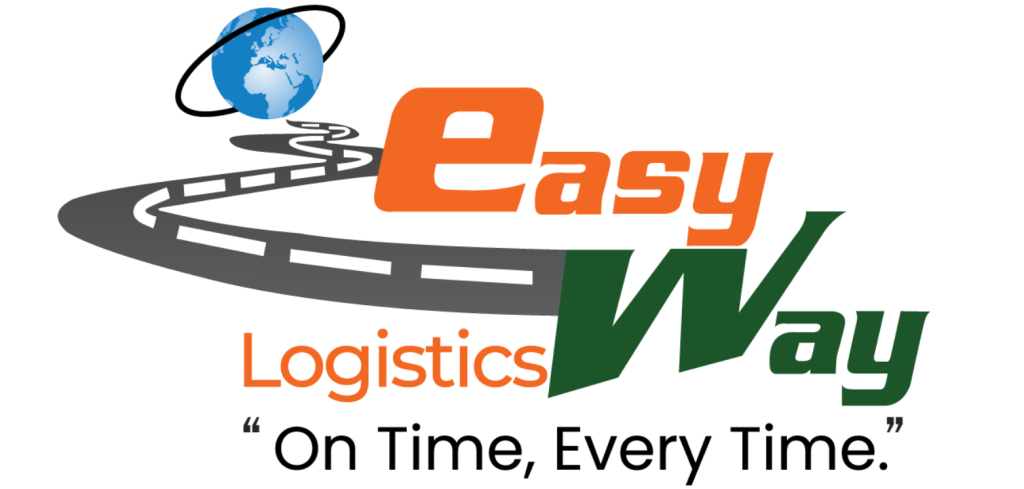
Until the recent accident with the Evergreen ship, which closed the Suez Canal, few people outside of the maritime logistics sector thought about how much of the world is transported by ships. In this article, we would like to tell you about the main reasons why a ship may arrive at the port later than the appointed time.
Your vessel or cargo is delayed at the transshipment port
Transshipment can happen when cargo is sent to an intermediate terminal before arriving at the final port of destination. Once a vessel arrives at a transshipment port, containers and / or goods are unloaded from the original ship and loaded onto another ship. Delays can occur if one of the ships is late for the terminal, or terminal services are ineffective and are engaged in unloading / loading longer than planned.
This can be a common occurrence when dealing with carriers and is usually caused by delays at the point of departure, which in turn causes delays at the transshipment hub and ultimately results in shipment not being made to a subsequent vessel. Shipment may be delayed at the point of departure for a number of reasons, including weather conditions, lack of proper documentation, or non-compliance with certain requirements, such as the requirement to verify the weight of a SOLAS container.
Your shipment has been rolled
Rolled shipments occur when carriers move or “roll back” shipments to a later date. This can happen when both the carrier’s capacity decreases and consumer demand rises, causing a sharp rise in the spot market, which, in turn, allows carriers to charge higher tariffs. Another reason for this delay is incorrectly prepared documents. Rechecking and / or reissuing documents can take a long time, so your cargo can be rolled.
Your vessel had a large number of stops at ports between the starting point and the destination.
Rolled shipments occur when carriers move or “roll back” shipments to a later date. This can happen when both the carrier’s capacity decreases and consumer demand rises, causing a sharp rise in the spot market, which, in turn, allows carriers to charge higher tariffs. Another reason for this delay is incorrectly prepared documents. Rechecking and / or reissuing documents can take a long time, so your cargo can be rolled.
The vessel with your cargo needs service
Your vessel is being shared with someone else
Vessel Sharing Agreement (VSA) occurs when two or more carriers (belonging to the same shipping consortium) jointly offer liner services on a specified route using a specified number of ships. VSA enables stakeholders to achieve significant reductions in fuel consumption and improve customer service by providing more options and increased throughput.
However, this can sometimes cause delays. Two different carriers may use the same vessel, but they do not always use the same route. Although the ship is the same, carriers may use different routes, which can lead to delays in delivery. If you do not know that the carrier of your choice is a party to the VSA, you can unknowingly postpone the shipment.
Something has happened to your vessel or cargo beyond the control of the shipping company
Some delays are completely beyond your control, your carrier or freight forwarder, and simply cannot be prevented. These can be forces of nature, mechanical problems, human error, or political problems:
- Weather
- Collisions
- Vessel malfunctions
- Congestion
- War
- Terrorist attacks
- Fire
- Natural disasters
- Large scale events (e.g. holidays)
Ports are not properly prepared for the size of your ship
From 1975 to 2015, the size of vessels doubled every decade.
Larger vessels have allowed carriers to increase the number of containers and cargo they can carry, thereby reducing costs. However, some ports are not well equipped to accommodate these larger vessels. Due to the increase in the number of containers, larger ships will need more container cranes per ship. These ships will also require more shipyard equipment and a larger stacking area. Not all ports are equipped to receive such large vessels.
There are labour problems in the port where your vessel or cargo is located
Sometimes there are too many containers in the port, causing congestion. This could be due to limited resources or other factors such as strikes or staff problems. For example, negotiations for a 2014-2015 contract between the Pacific Maritime Association and the International Shore and Warehouse Union (ILWU) led to strikes that delayed shipments by several weeks.
These issues are difficult to deal with, but an experienced freight forwarder can help you find solutions. This is where the experience and knowledge of a partner company can significantly add value to your shipping operations and your business.
How can EasyWay Logistics help you?
“EASYWAY LOGISTICS offers international air freight forwarding, international sea freight forwarding, customs handling, import & export of goods and warehousing solution.”






